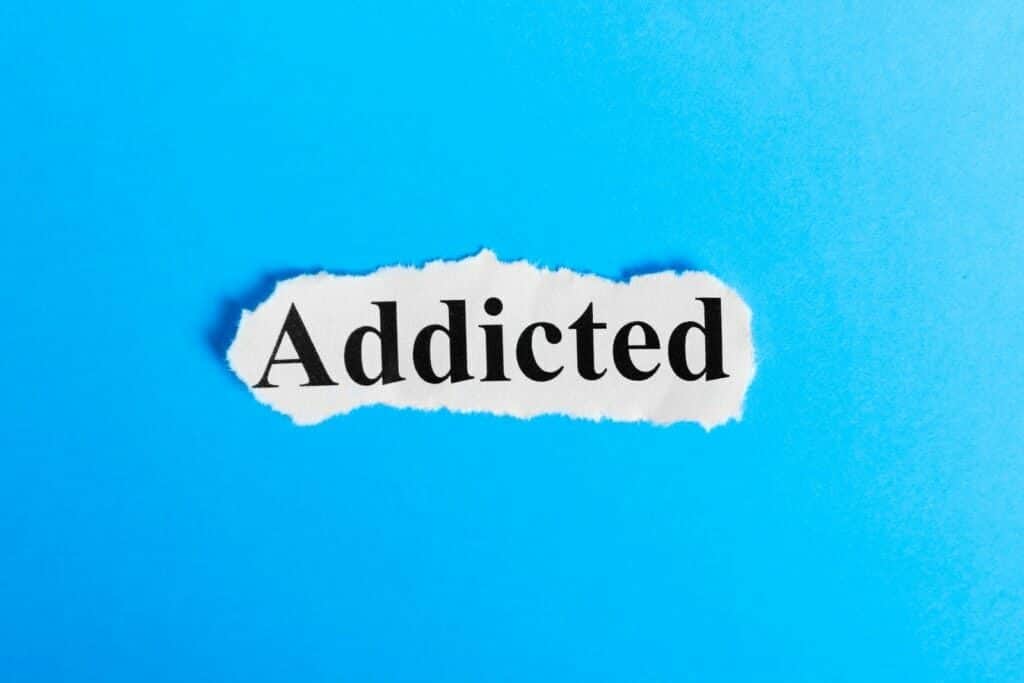It’s always important to remember that drug addiction is a disease. It affects a person’s brain and behavior, and leads to an inability to control the use of a drug or medication. Once you’re addicted, you may continue using the drug despite the harm it causes.
Like so many other prescription drugs, it doesn’t take long for the brain to become addicted to and dependent on Valium. As tolerance builds, doses must increase to experience the same high. Many users also become psychologically dependent on the drug, feeling as though they need it just to function in daily life.
Before we take a look at some of the side effects associated with Valium use and addiction, let’s familiarize ourselves with the basics.
Valium: The Basics
Valium (a commonly known brand of Diazepam in the United States) is used to relieve symptoms of anxiety, treat certain seizure disorders and help relax muscles or relieve muscle spasms. It can also be used to aid in alcohol withdrawal treatment.
Diazepam is a benzodiazepine, which is a central nervous system (CNS) depressant (meaning it slows down the central nervous system). Because of its dangerous and addictive nature, it’s only available with your doctor’s prescription.
Side Effects of Valium Addiction
Along with its desired and needed effects (i.e., eases anxiety, sedation, treats insomnia), Valium may cause some unwanted side effects. These are just a few:
- Shakiness
- Blistering, flaking or peeling of skin
- Fast heartbeat
- Unsteadiness, trembling, or other problems with muscle control or coordination
- Abdominal or stomach pain
- Blurred vision
- Fever
- Headache
- Difficulty swallowing
- Unusual tiredness or weakness
- Loss of appetite
- Unusual behavior
- Trouble concentrating
- Agitation
- Anxiety
- Dry mouth
When dealing with addiction, it’s always important to know the associated symptoms of overdose. Keep the following list in mind and get emergency help for yourself or a loved one if these symptoms occur:
- Change in consciousness
- Difficult or trouble breathing
- Irregular or shallow breathing
- Lack of coordination
- Loss of strength or energy
- Muscle pain or weakness
- Pale or blue lips, fingernails, or skin
- Unusual drowsiness, dullness, tiredness, weakness, or feeling of sluggishness
Detoxing from Valium: What to Expect
The longer you use Valium, the more severe your withdrawal symptoms are likely to be during detox. Like other benzos, Valium detox can be medically dangerous, which is why users should never attempt to quit “cold turkey.” Common Valium withdrawal symptoms include:
- Abdominal cramps
- Headache
- Tremors
- Sweating
- Muscle pain
- Vomiting
- Severe anxiety
- Confusion
- Restlessness and insomnia
- Numbness
- Hallucinations
- Seizures
Medical Valium Detox versus Sub-Acute Valium Detox
Before detoxing from Valium, users must see a medical doctor to help determine what level of detox is needed. In severe cases, people who are struggling with valium addiction may be referred to a medically-supervised detoxification process. In less severe cases, it could be possible to detox from valium at a rehab center like Cycles of Change, which is licensed by the state of California to provide sub-acute detoxification.
Detoxing from Valium at Cycles of Change
Detoxing from valium, or many other drugs, is not a fun process. There’s just no getting around it. However, detox is the critical first step you simply must take before beginning your journey to recovery. At Cycles of Change, we do everything in our power to reduce the feelings of pain and discomfort you may experience during valium detox.
Seeking Treatment for Valium Addiction
If you think you’re dependent on Valium or have a loved one who is, seek treatment today. Our addiction recovery center in California is designed to help individuals gain the knowledge, courage, and determination needed to maintain a drug-free lifestyle, while taking into account individual needs to help ensure success. Facing addiction alone can be overwhelming. Cycles of Change Recovery Services is here to help. Fill out this form or call us at (661) 630-4176.
Sources Used in This Piece
https://www.mayoclinic.org/diseases-conditions/drug-addiction/symptoms-causes/syc-20365112
https://www.mayoclinic.org/drugs-supplements/diazepam-oral-route/description/drg-20072333
https://www.mayoclinic.org/drugs-supplements/diazepam-oral-route/side-effects/drg-20072333


